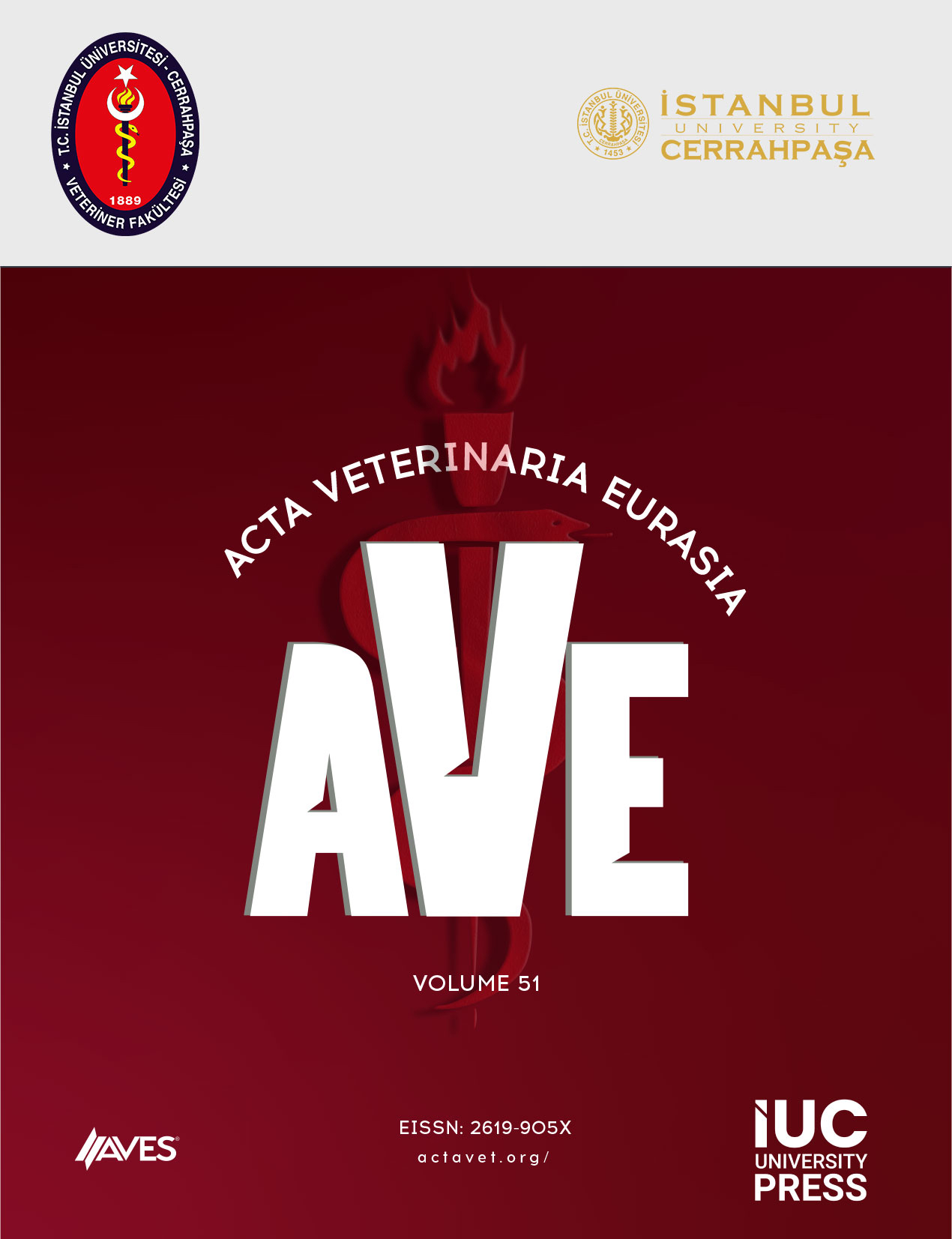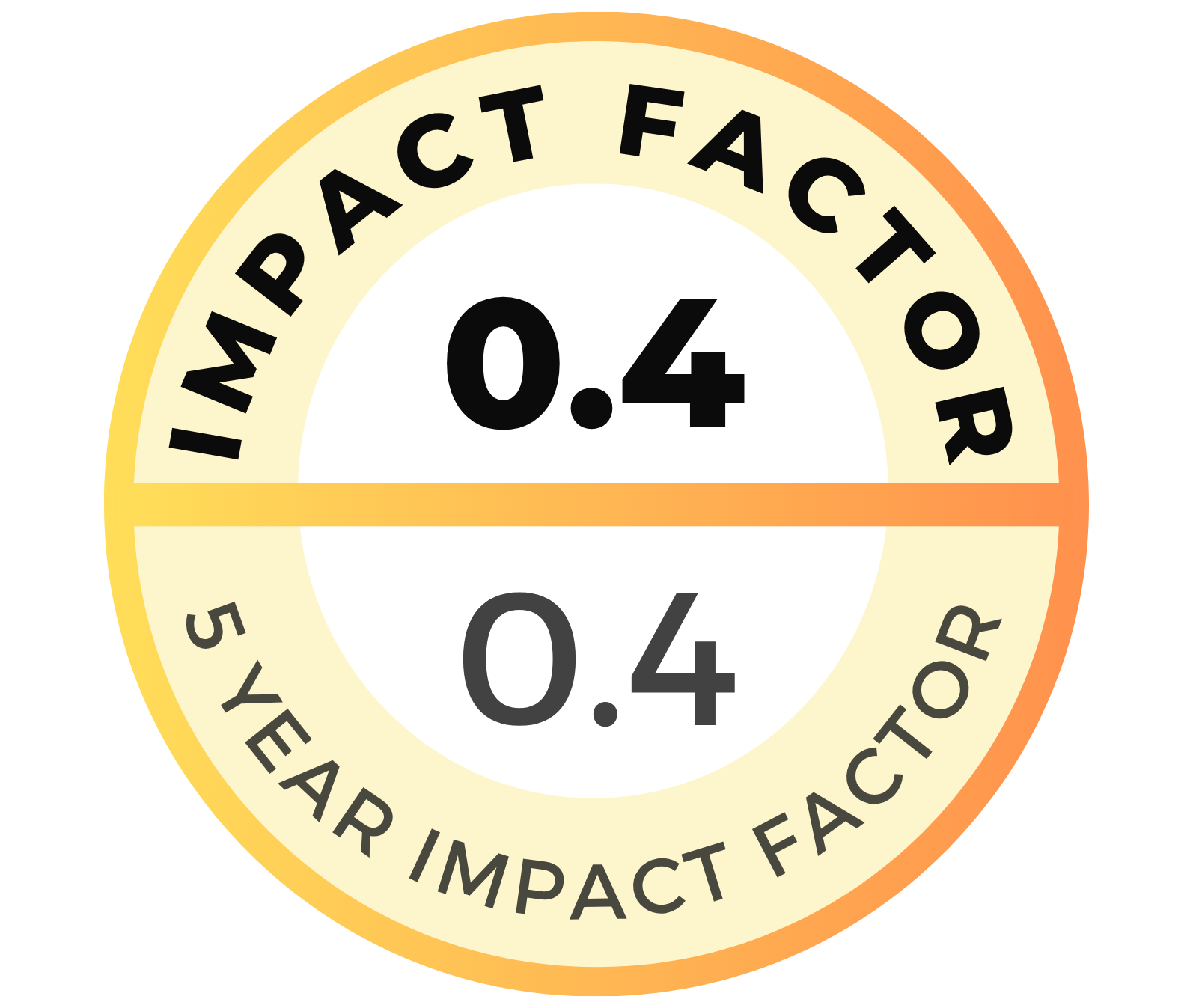In order to study the cardiac health status based on electrocardiogram recording and measurement of circulating cardiac biomarkers following the induction of endotoxemia, 5 clinically healthy 1-year old Iranian fat-tailed ewes (25±1.5 kg, bodyweight) were randomly selected and lipopolysaccharide from Escherichia coli serotype O55:B5 was used to induce endotoxemia in ewes at 20 µg/kg. The electrocardiograms and blood samples were taken prior and 1, 2, 3, 4, 5, 6 and 24 hours after lipopolysaccharide injection. Values of serum homocysteine, cardiac troponin I, creatine kinase isoenzyme MB and lactate dehydrogenase were assayed during the study. The rapid and significant elevation of homocysteine, cardiac troponin I, creatine kinase isoenzyme MB and lactate dehydrogenase was seen after endotoxemia induction (P<0.05). The results showed that T duration increased significantly after endotoxemia induction and decreased near to base line levels at 6th hour after lipopolysaccharide infusion. T amplitude decreased significantly after endotoxemia induction. The significant increase in R-R, S-T and Q-T intervals were detected during endotoxemia. In conclusion, it seems that endotoxemia causes myocardial autonomic dysfunction and significant changes in ECG parameters could be interpreted in the light of concurrent cardiac biomarker changes.





.png)